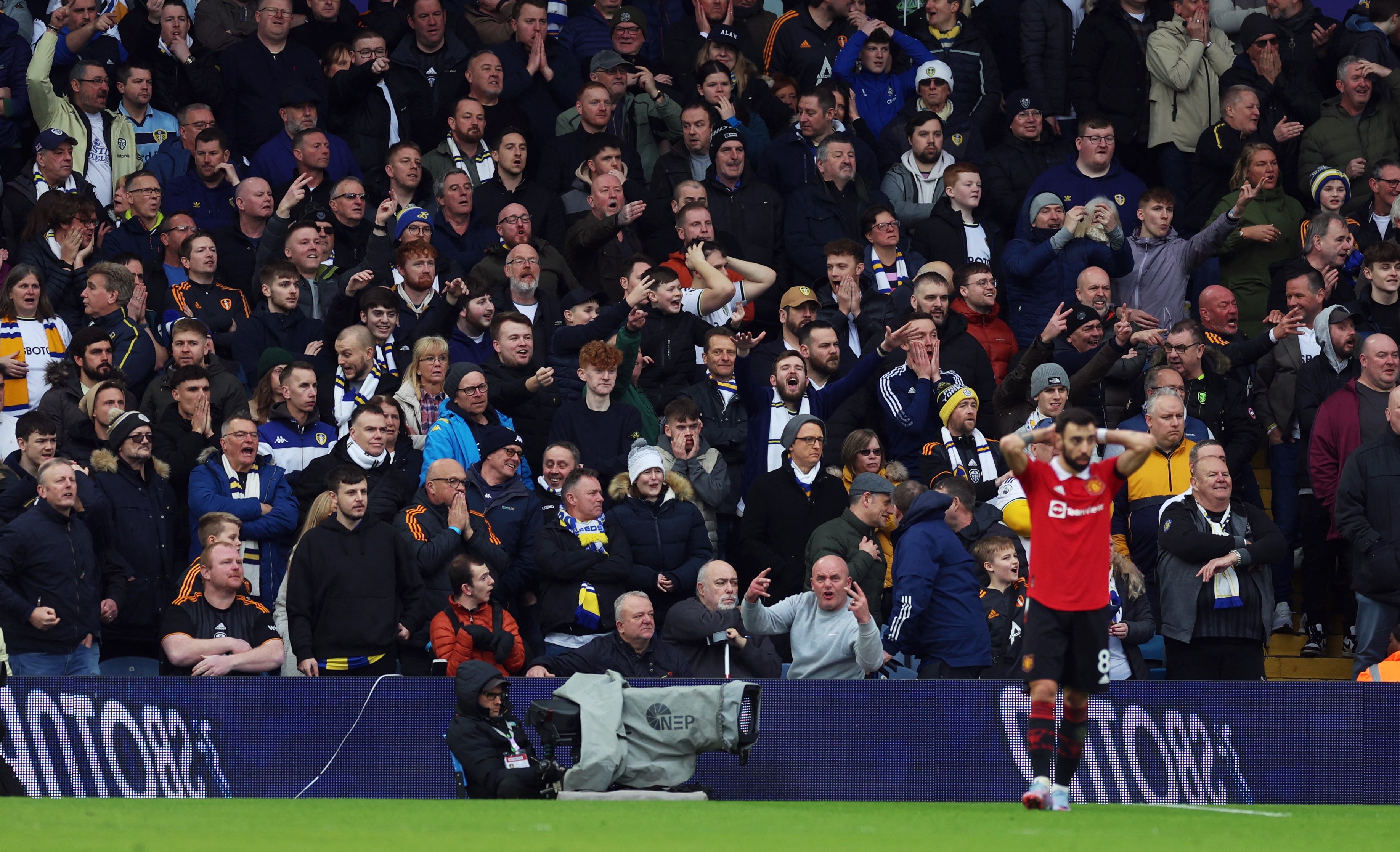
English football is set for its most radical transformation since the inception of the Premier League after the government released its white paper on the sport’s governance.
The government has confirmed it will act on numerous recommendations from a 2021 fan-led review of football governance - led by MP Tracey Crouch - which was commissioned following the botched launch of the European Super League earlier that year.
If passed, it would see the introduction of an independent regulator as well as other key changes to overseeing finances and power of fans in football.
However, the Independent has been told that a financial agreement on sustainability payments from the Premier League to the rest of the game, as well as parachute payments, is some way off.
Here is everything you need to know about what the regulator means and will be responsible for if created.
Creation of an independent regulator
The landmark feature of the White Paper would see the establishment of an independent regulator to oversee the running of the game and the finances of football clubs.
This Government sees this as a way to try and avoid a repeat of the collapses involving Bury and Macclesfield in recent years where both clubs were forced into administration and out of business due to financial ruin. That aim would involve the establishment of a licensing system to ensure clubs are run more sustainably.
It would also give the regulator powers to involve fans in elements of club decision-making as well as enforce payments from the Premier League down the footballing pyramid to protect the financial health of the lower leagues.
Tougher ownership rules and a revamped owners’ and directors’ test
Another role of the independent regulator will be around the new ownership tests. The demise of Bury and Macclesfield and recent financial troubles which have affected Southend United and Birmingham City involve owners who have bought the club without the necessary financial capability or desire to run it long-term.
It is hoped a revamped fit and proper persons’ test will ensure that similar owners are not allowed to take charge and that enhanced scrutiny of the source of potential owners’ income and their long-term financial capabilities will prevent similar situations from arising in the future.
It is unclear at this stage whether the revamped test would include any human rights element after interest from Qatari-backed figures in the acquisition of Manchester United.

Increased fan power
The independent regulator will have the ability to give fans more power and representation surrounding some decisions that involve their club. This would most likely be the case if an owner decided to change an aspect of the club’s heritage such as their badge, kit colours or name. Fans would also be consulted if the owners wanted to move stadium.
Blocking English clubs from joining a breakaway league
One of the reasons the fan-led review was initially launched was in the aftermath of the attempted founding of the European Super League which saw all of the Premier League’s ‘big six’ attempt to form a closed-shop competition with other big European clubs.
Amid fan outcry, the plans were ditched but the independent regulator would be given stringent powers to block any such moves in the future and ensure that clubs remained within the English football pyramid.
Equality, welfare and the women’s game
Among other important recommendations, the White Paper would ensure that equality, diversity and inclusion plans would be mandatory for all clubs. It would also attempt to ensure equal treatment for the women’s game and a similar review. Finally, those involved in the game would be required to provide increased support and welfare to players when they leave the game.







